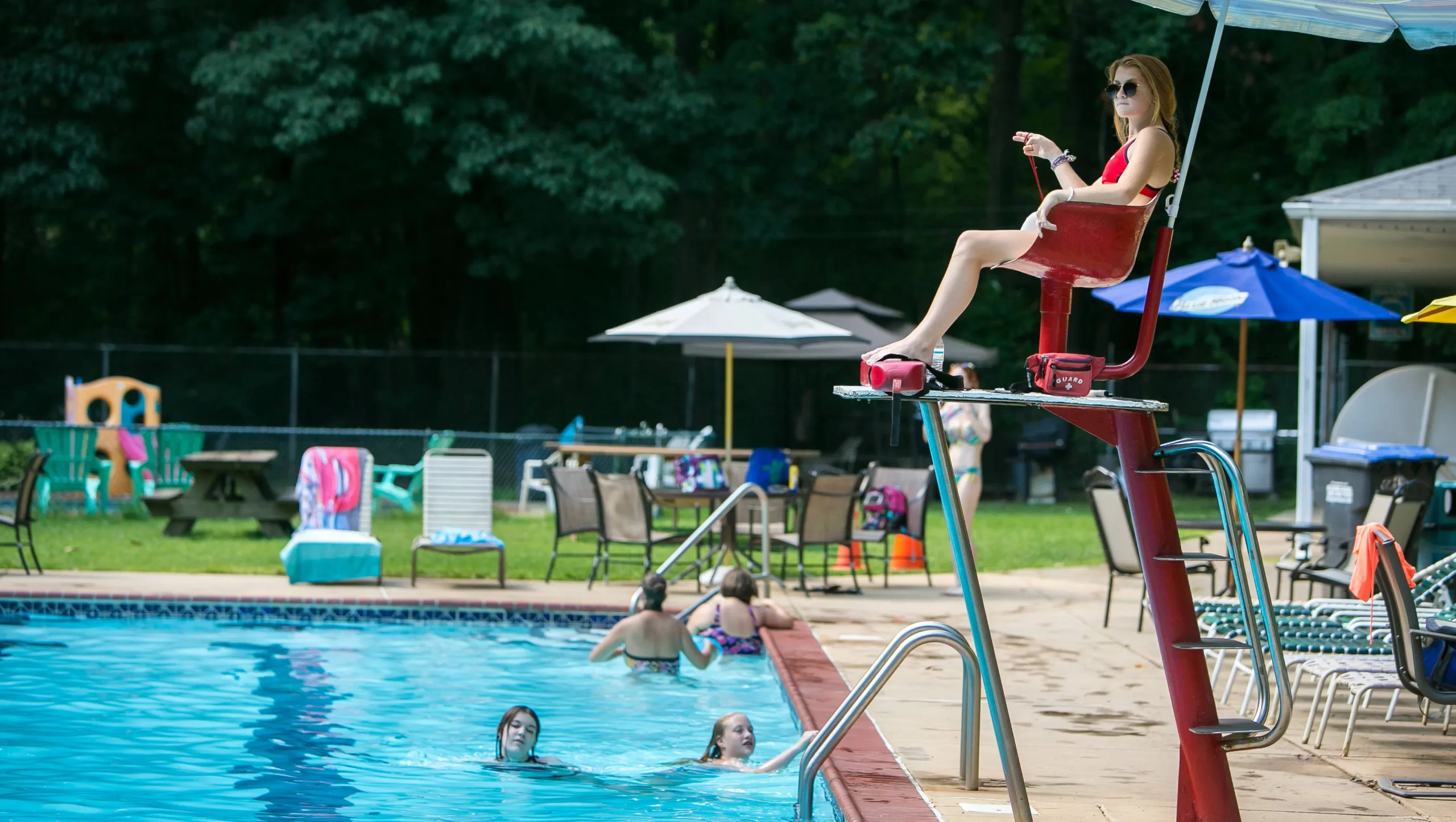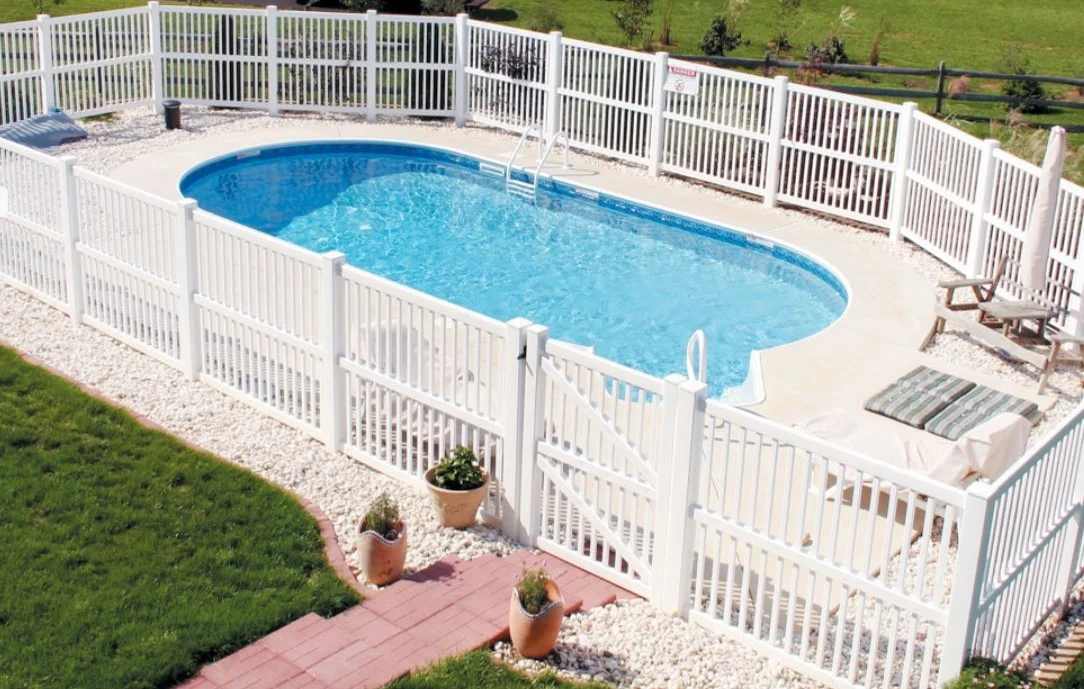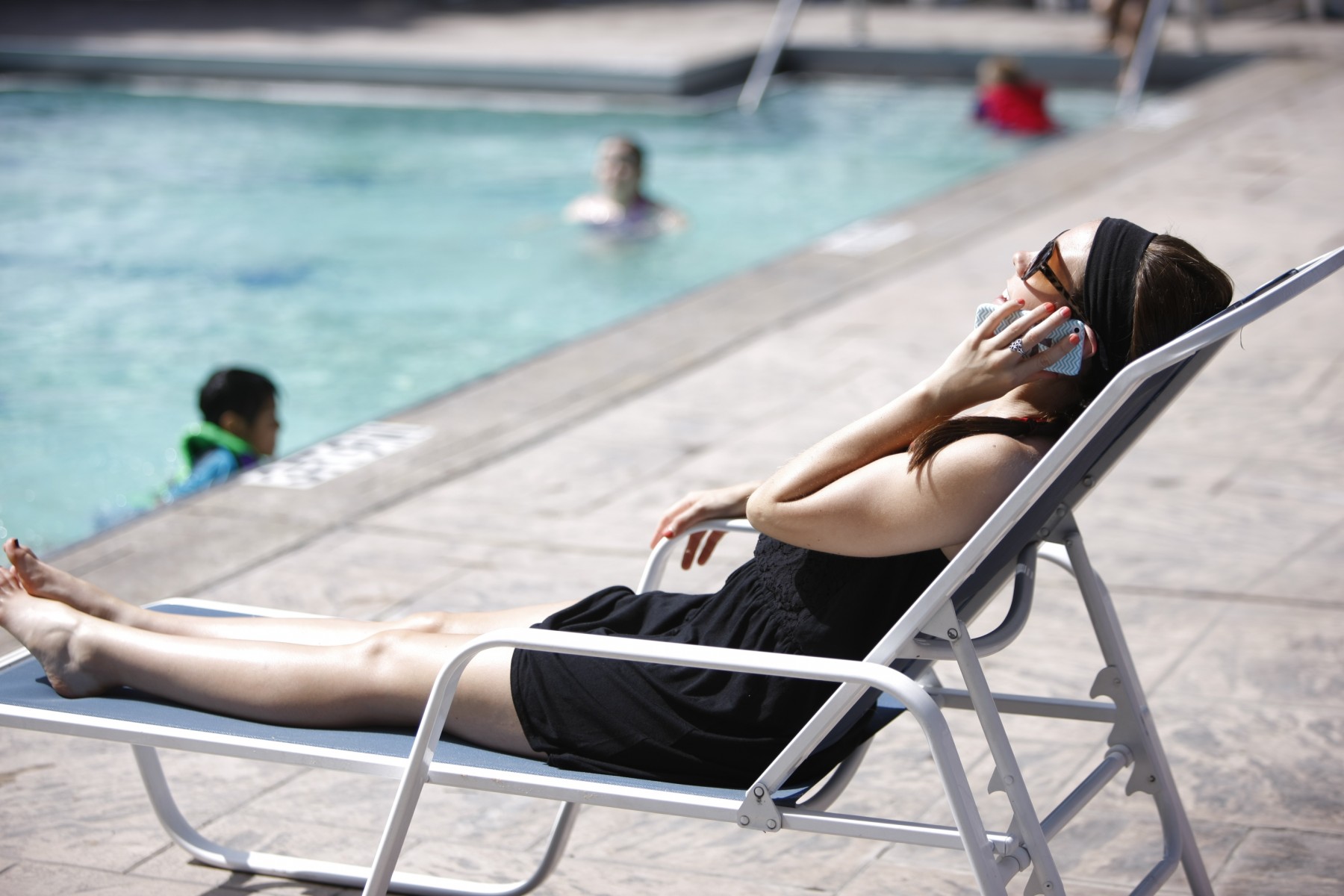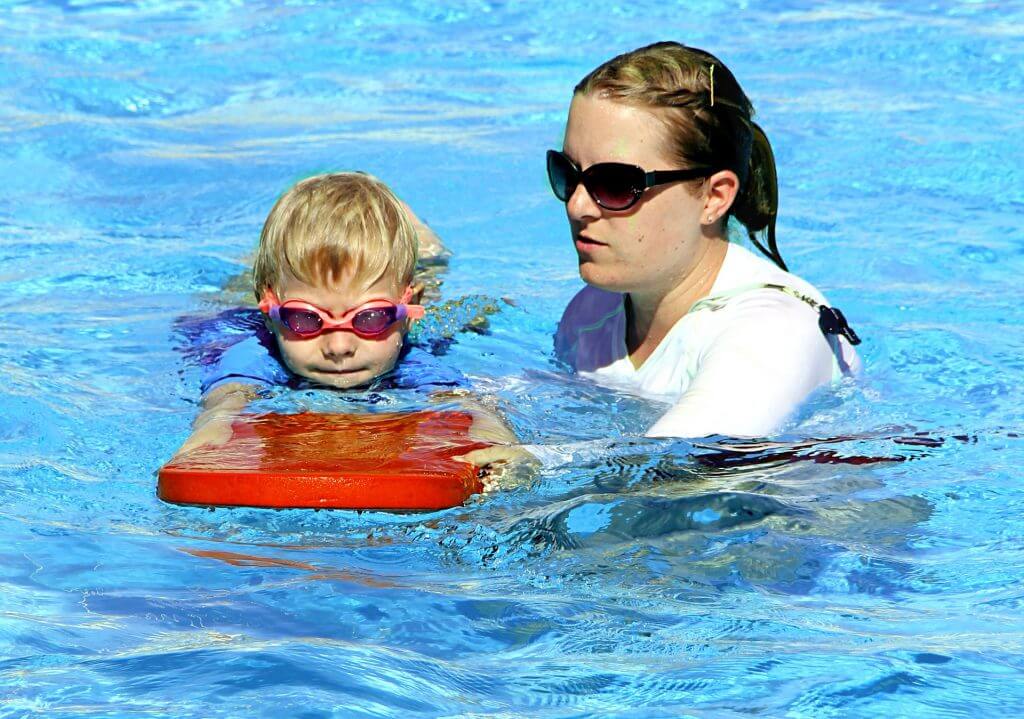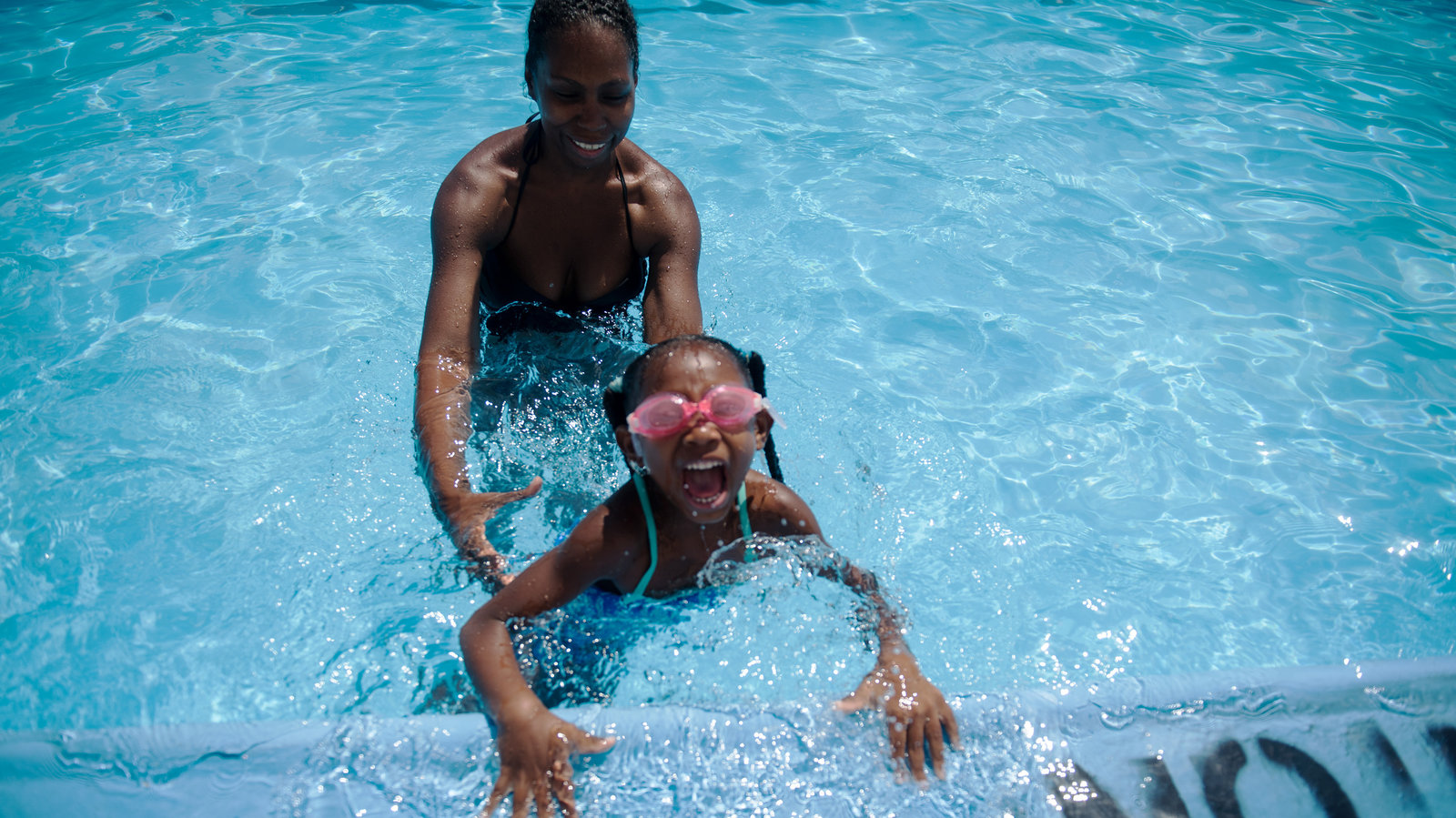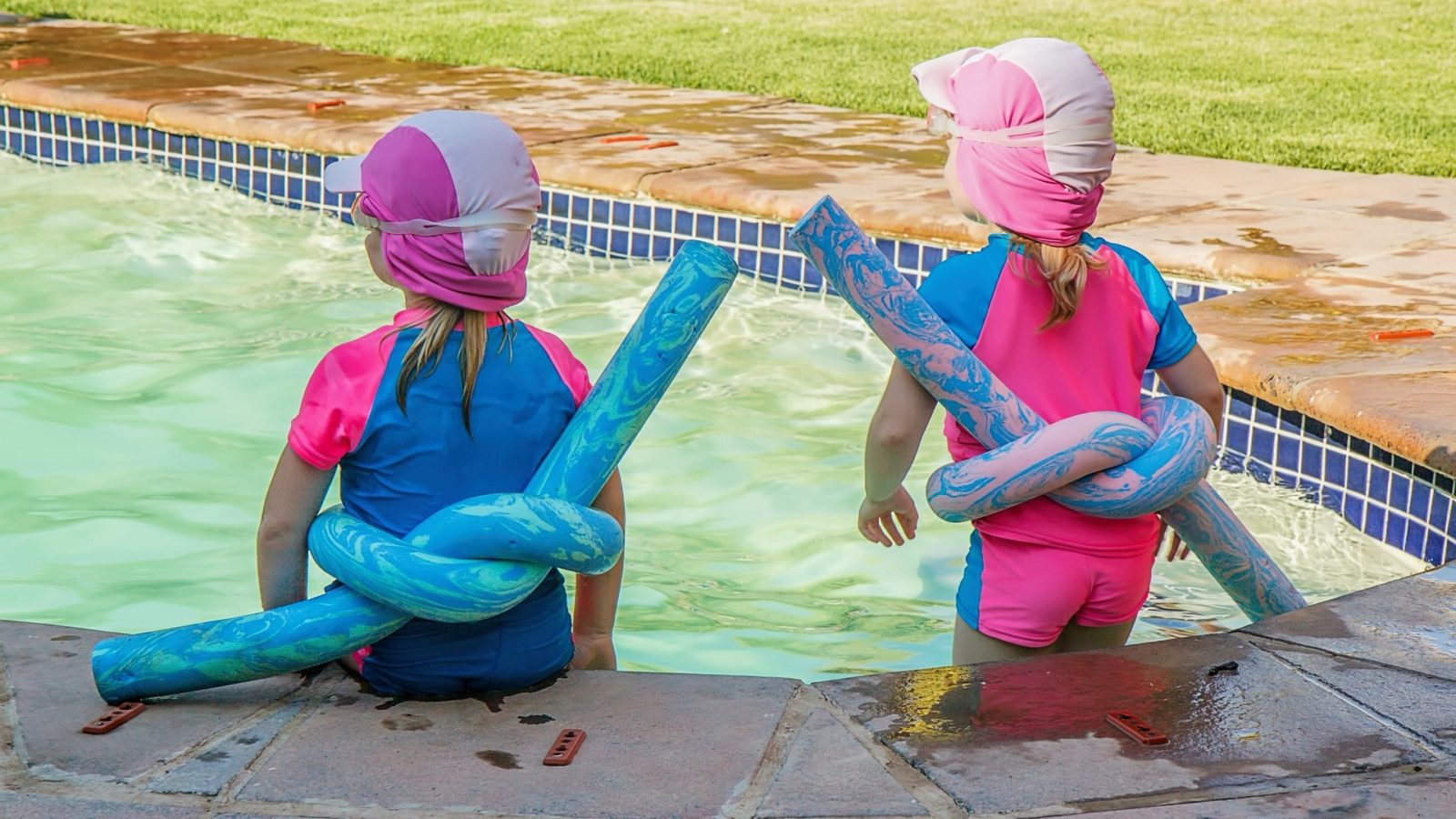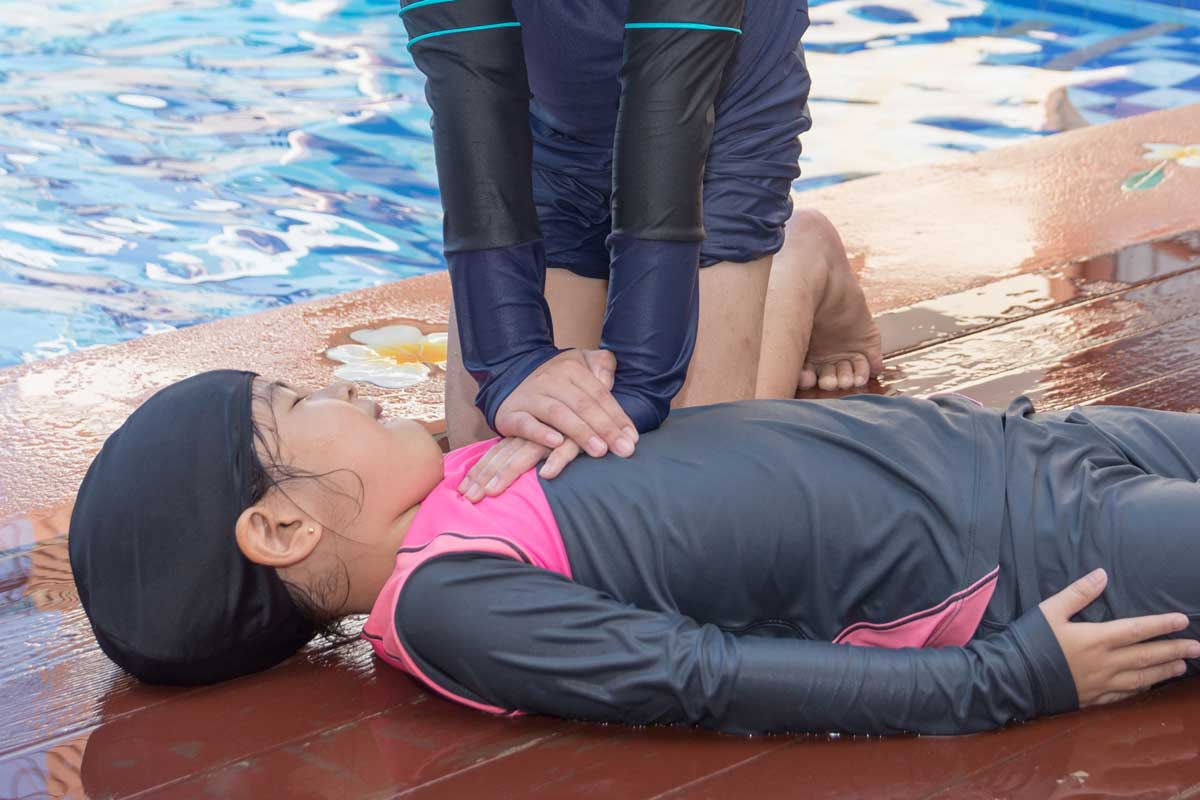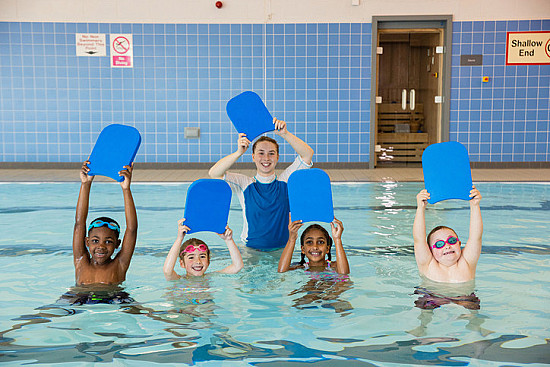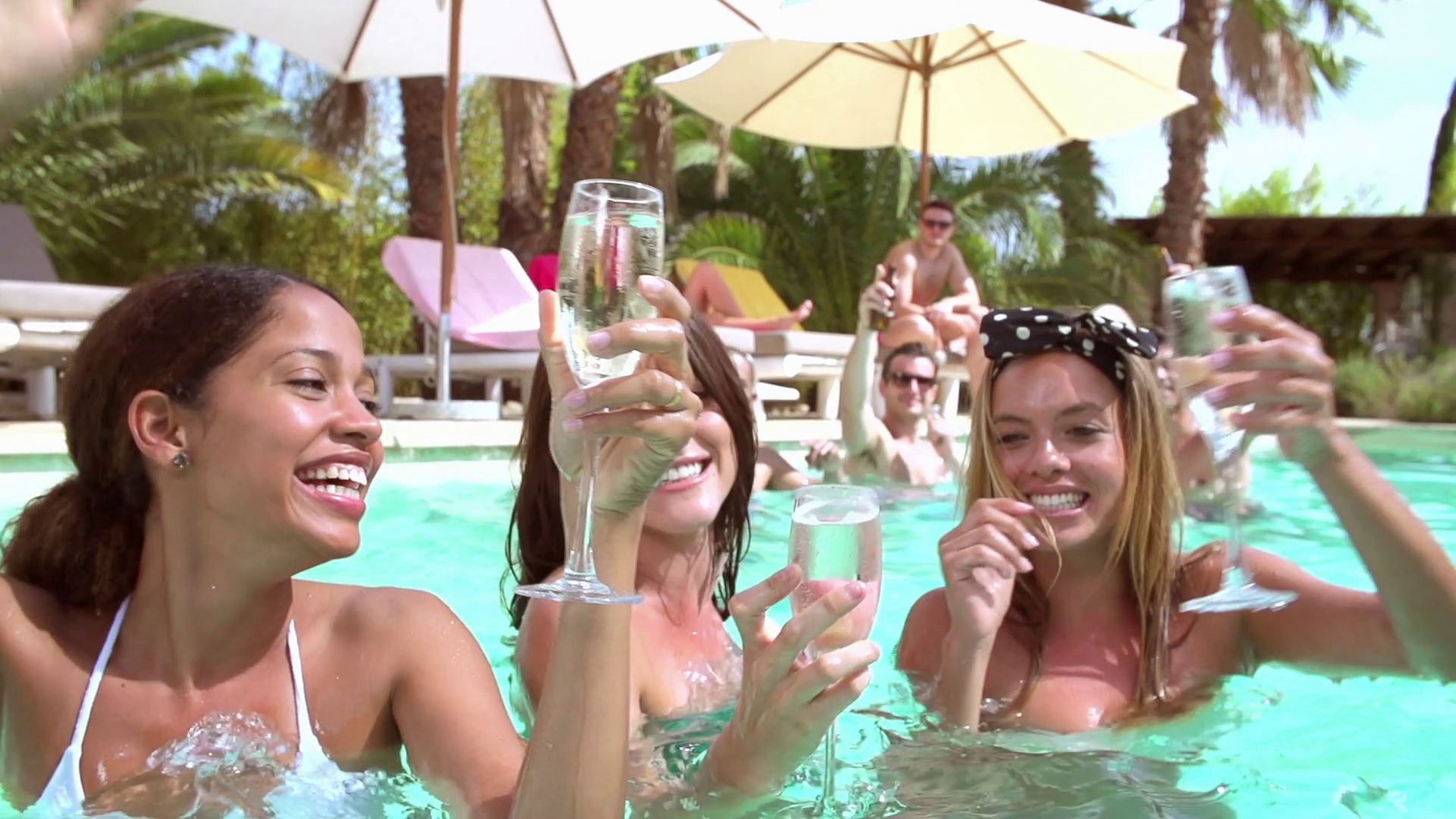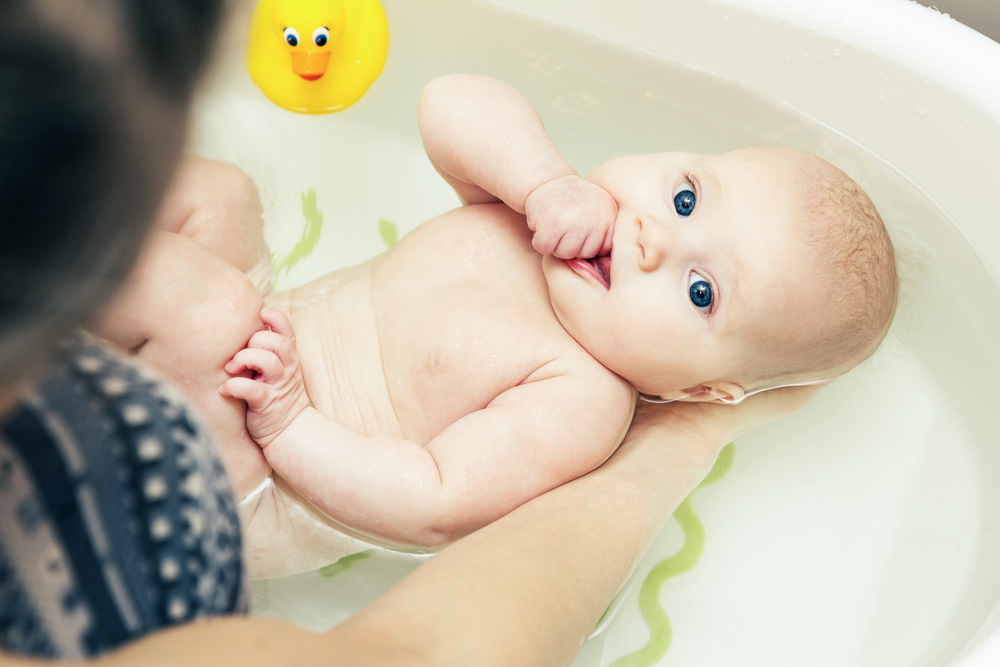Top Lists
10 Ways To Prevent Children From Drowning
Drowning is one of the fastest and most rampant death incidents among children and teenagers. Find out ways to prevent children from drowning.
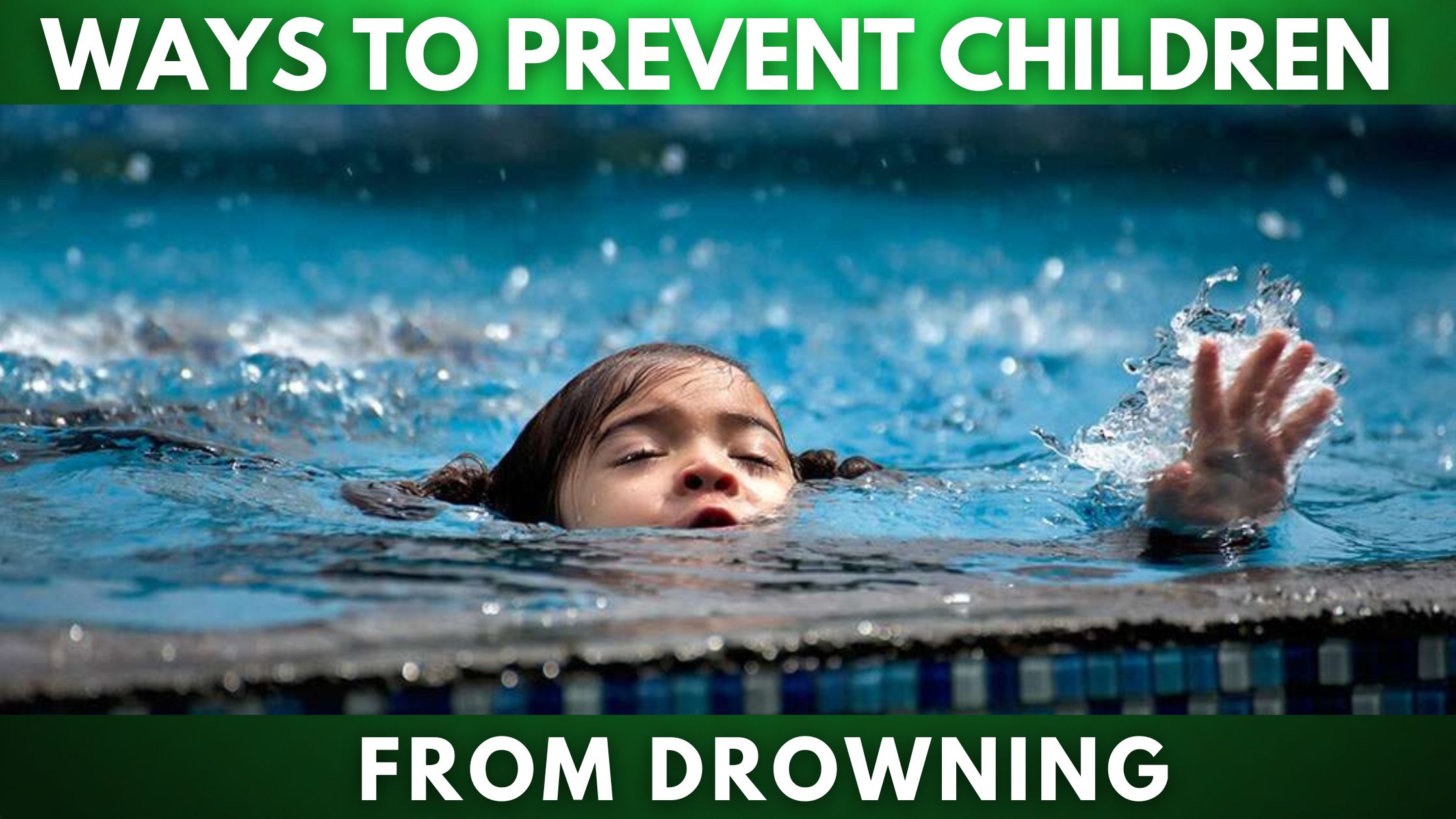
Ways to prevent children from drowning — Drowning is one of the fastest and most rampant death incidents among children and teenagers. It happens so fast and it is usually silent which makes it extremely dangerous and worth taking preventive measures as much as necessary. Most children drown in home pools or bathtubs while most, teenagers drown in oceans, lakes, and rivers.
Furthermore, according to Lois Lee, M.D., M.P.H., who is an emergency specialist at Boston Children’s Hospital, young children can drown silently within 25 seconds, even less, or more than (this includes pool shallow end or even a baby pool).
According to the Centers for Disease Control and Prevention (CDC), drowning is the leading cause of injury death in the United States among children from the ages of 1-4 years old. It is also the third leading cause of unintentional injury death in children and adolescents from ages 5-19.
From the above, it has been deduced that kids, especially toddlers are at high risk because they tend to be hastier and want to try things. As a result, we have compiled 10 possible ways to avert the incident of your child/children/ward drowning. Below are 10 ways to prevent children from drowning:
1. Get a Water Watcher
Whenever you are at the pool or around a pool with your children, get a water watcher. Normally, there should always be an adult water watcher whenever children are in or around the pool. Also, the water watcher must be alert and remain undistracted; having his/her eyes on the children always. You can even go as far as having water watchers take turns. And note, even if a lifeguard is on duty, a water watcher is not useless but needed.
2. Use Fences/Alarms/Covers
If it is your home pool, you can consider using fences, alarms, or covers. This would help alert you if anything is about to go wrong or is going wrong. Fences and Covers might help prevent an impending fall into the pool thereby saving your child’s life.
Furthermore, having a fence around pools and hot tubs with a self-closing, locked gate, door and window alarms that ring when opened, and also an alarm that goes off when someone enters the pool is a very good preventive measure. If you cannot afford all these, it is best to get a cover for your pool and have it covered once it is not in use.
3. Avoid Distractions (especially from your phone)
As a parent, you have to be conscious to not be carried away whenever you are at the pool, beach or anywhere near water with your child/children. You have to first be careful and be a water watcher even if you will hire another. Try as much as possible to avoid distractions from your phone especially and pay full attention to your child/children.
However, this doesn’t mean you should leave your phone or put it away. You can keep your phone fully charged and within reach in case of emergency.
4. Sign Up Your Child/Children For Swimming Lessons
According to some experts, you can take your child/children that are above the age of 1 for swimming lessons. But if you must do that, you must importantly make sure you enrol them where there is the availability of trained and certified instructors and ensure they group them according to their abilities. You should also take swimming lessons too as a parent. Also, ensure your child/children take lessons every year so as to refresh their skills and learn more.
5. Pair Up Your Child/Children With Older Persons During Swimming
Experts recommend pairing up your child/children with someone you can trust. It could be a friend, a sibling, or any other older person you trust and make them understand they are responsible for the lives of your child/children at that moment. However, this doesn’t replace your own supervision or that of a water watcher, or that of a lifeguard, because even adults sometimes need these preventive measures.
6. Have and Make Use of Every Appropriate Safety Gear
As a way of preventing your child from drowning, you should keep all appropriate safety gear abreast. Your safety gear includes life buoys, life jackets, and other rescue equipment for you and your child/children.
7. Learn CPR
It is true that sometimes, no matter how careful we are, some mistakes still find their way through. Therefore, in already worst cases, having the knowledge of CPR can save a life. After rescuing a distressed swimmer, you conduct CPR while you wait for an ambulance. As a parent, you can take it upon yourself to learn CPR and even let others around you learn. Who knows? it might help save your child someday, or even you.
However, if you are untrained, you can go for 100 chest compressions per minute and mouth-to-mouth resuscitation.
8. Teach Your Child/Children Water Rules
You should teach your child/children some basic rules of swimming (this applies to teenagers and adults too) such as no running, no diving in the shallow end, no pushing people in, no pulling other people under the water, no swimming without (adult) supervision.
9. Do Not Take Alcohol or Drugs Before Or While Swimming
Adults especially should be careful enough to not take alcohol or drugs while swimming or even boating. This could aid drowning and also make you unfit to save your child/children from drowning in worst-case scenarios. Also, sound this as a warning to your teenage children, water watchers, and boat drivers.
10. Be Home Safety Conscious
As a parent, you should note that it is possible for your child/children to also drown in other places asides from the pool. These other places include bathtubs, baby pools, water buckets, and others. Therefore, you should be safety conscious enough to empty the ones that need to be emptied and lock up doors and places that needs to be locked.
Conclusion
The rate of death from children drowning is alarming, and though it seems almost impossible to avoid this lot, it can most definitely be avoided. We have listed quite a number of preventive measures to go by and they sure will be helpful if utilized well. Good luck to all parents on this.

